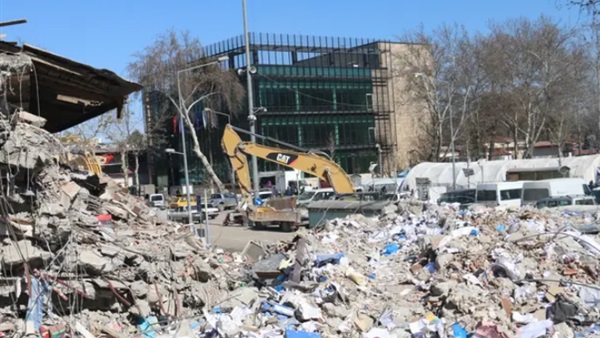Erdogan Faces Backlash Over Building Standards in City Wrecked by Quake

Turkish President Recep Tayyip Erdogan is facing a backlash
over building standards in the city of Malatya, which was recently hit by a
powerful earthquake that killed dozens and left thousands homeless. The
disaster has raised serious questions about the safety of buildings in the
city, with many blaming lax regulations and poor enforcement for the high death
toll and extensive damage.
The earthquake, which struck on February 17th, measured 6.0
on the Richter scale and was felt across the region. In Malatya, many buildings
collapsed or were severely damaged, leaving at least 44 people dead and over
1,000 injured. Thousands have been left homeless, with rescue workers
struggling to reach remote areas and provide aid to those in need.
In the aftermath of the disaster, Erdogan has faced
criticism over his government's handling of the situation and its failure to
prevent the high death toll. Many have pointed to lax building regulations and
poor enforcement as the main cause of the extensive damage and loss of life.
Erdogan, who visited the city on Friday, promised to provide
aid and assistance to those affected by the earthquake. He also pledged to
launch an investigation into the building standards in the city and to hold
those responsible for the high death toll accountable.
However, the president's response has done little to quell
the anger and frustration of those affected by the disaster. Many have taken to
social media to criticize Erdogan's government and to call for stricter
building regulations and better enforcement to prevent future disasters.
In conclusion, the earthquake in Malatya has exposed serious
flaws in building standards and regulations in Turkey. The high death toll and
extensive damage have raised questions about the government's commitment to
safety and the welfare of its citizens. As the city struggles to recover from
the disaster, it is essential that steps are taken to prevent similar tragedies
in the future, including stricter building standards, better enforcement, and
greater investment in infrastructure and disaster preparedness.







